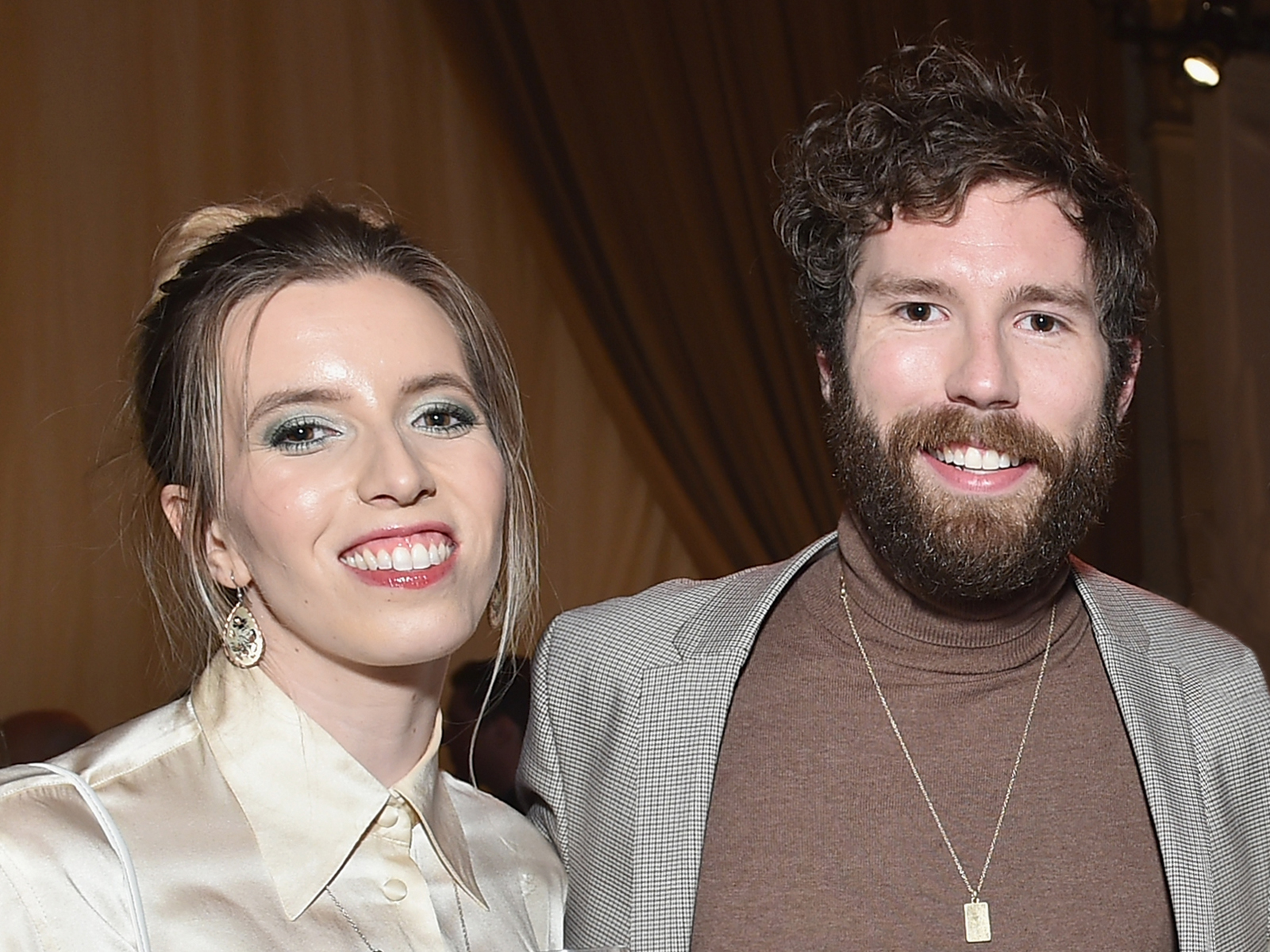
- Interviews
Sarah-Violet Bliss and Charles Rogers on “Search Party”
Sarah-Violet Bliss and Charles Rogers met at NYU. After class, they used to study next to each other at the library. Soon they realized they had artistic potential together and decided to give it a try. In 2014 Bliss and Rogers co-wrote and co-directed the movie Fort Tilden, which ended up getting the Grand jury award at SXSW. Two years later, the creative duo teamed up again for the Comedy/mystery TBS series Search Party – a millennial satire that immediately became a cult classic. Now, the show returns with a third season on a new platform – HBO MAX – promising to engage an even larger audience.
How did the idea of Search Party come about?
Charles Rogers: We wanted to bring our millennial comedic voice to a TV show. That was what some networks were looking for and that was our strength. It took us some time to understand where we could fit in, though.
Sarah-Violet: Millennial shows such as Broad City and Girls already existed, and we needed to really understand what our niche could be. Our managers then suggested adding a murder aspect to our ideas and we thought it was brilliant. We were straight away very excited about the approach and that is how Search Party started.
While watching the show, a lot of elements reminded me of Hitchcock. Are you fans?
SV: Absolutely. That is one of our greatest influences.
Who else do you consider to be an influence?
SV: Definitely Christopher Guest and the Cohen brothers. We like elevated drama that is not afraid of mixing dark humor and a dose of insanity (with) reality.
CR: In season three of Search Party, we based a lot of the writing on real-life crime and outrageous notions of celebrity and fame. We like melodrama. Drama that is almost funny.
It’s true that Search Party philosophizes around the notions of media and fame. What do you consider those to be in today’s world?
SV: Today, celebrity means everything and nothing at once. We are all equal, yet we make something mean what it doesn’t. It’s all fiction. People just see what they want to see.
CR: In the past, it was rare to have the sighting of a celebrity. I remember my mom getting very excited to get her weekly celebrity magazine. Time with the stars was limited. Today it is a different story. Now so many people are famous, and they are all so available. No one probably will be remembered. It’s great to have several platforms to showcase diversity and different points of view. However, I believe this also has a downside. There are so many options, people are not culturally on the same page anymore. Before everyone gathered to watch The I Love Lucy finale. That doesn’t happen anymore. I wonder if we are becoming ideologically more separated. It’s great to have options, but we don’t have time to consume all the content that is being distributed. We all see different things; we are not necessarily being exposed to the same narratives.
What has changed in your lives with success?
CR: In a way, I feel more relieved now. I don’t have to explain anymore who I am creatively. It’s easier to be in meetings and parties and already feel I have an identity that is known.
How long do you plan to continue this creative partnership?
SV: We want to keep working together, but we also want to collaborate with other people and even do some solo work.
CR: That’s right. The important thing is that we keep being authentic in the work we do and continue to listen to what life tries to tell us.

